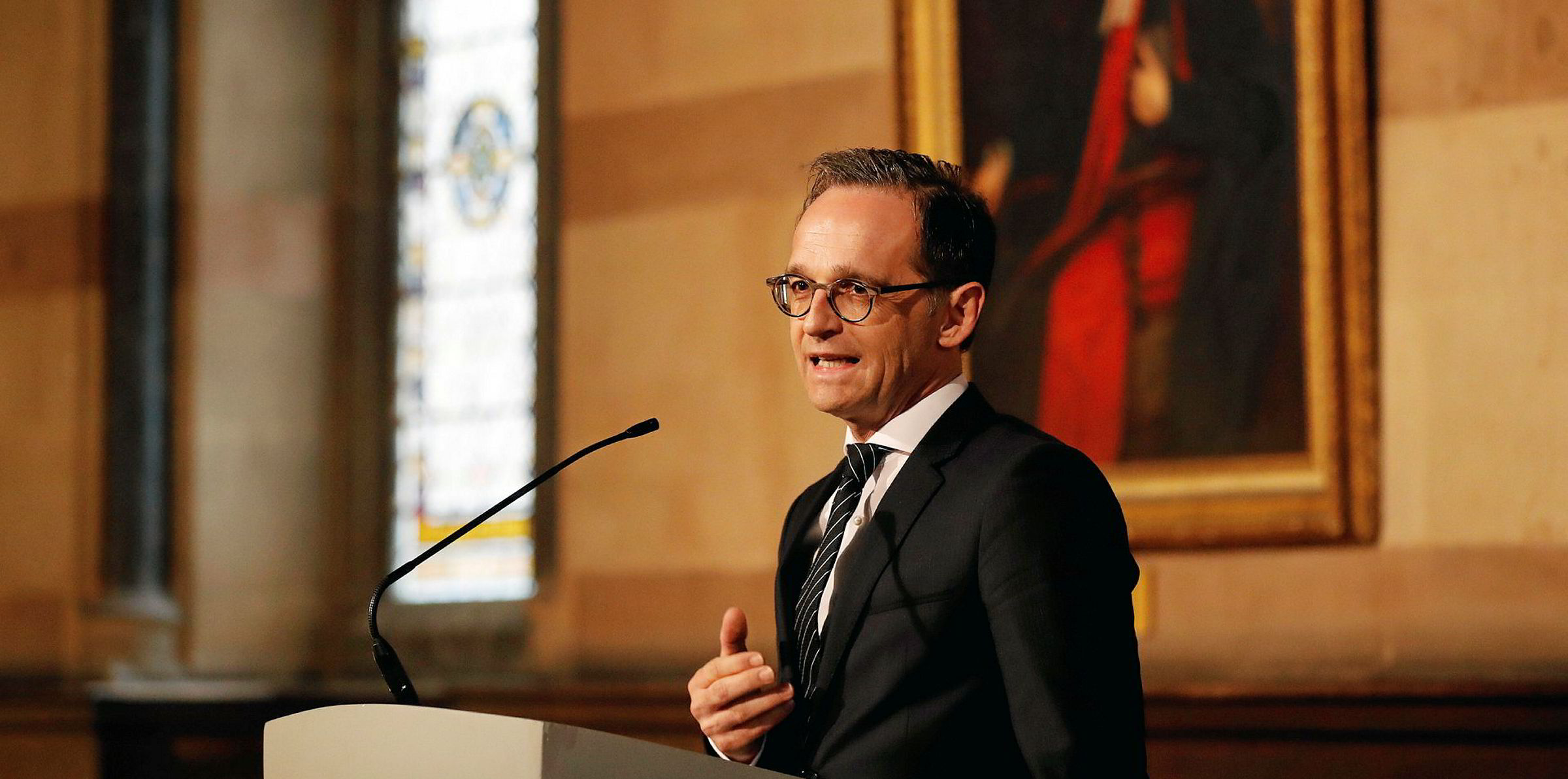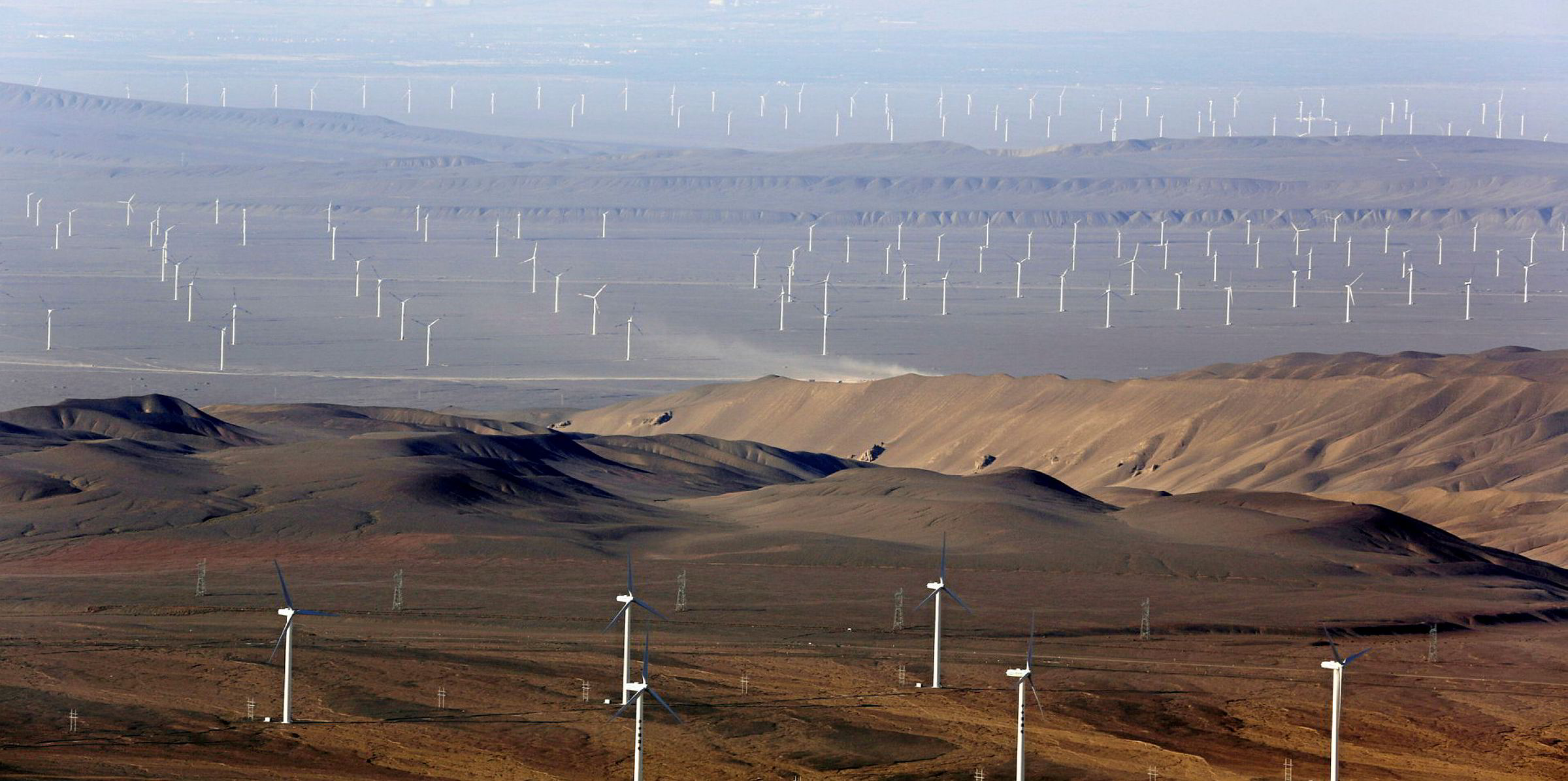The energy transition helps countries increase their energy security as well as replacing fossil fuels, German foreign minister Heiko Maas told the opening of the fifth annual Berlin Energy Transition Dialogue today.
“With that, the geopolitical instrument of energy as we have known it for decades loses its power,” Maas told ministers and delegates from businesses from more than 50 countries, as well as international organisations gathered in the German Foreign Office in Berlin for a two-day conference.
“Energy transition countries are able to pursue their strategic and foreign policy interests more independently.”
Maas spoke as the high-level Berlin conference was attended by ministers or senior government representatives from oil producing countries such as Iraq, the United Arab Emirates or the US, which either in the past have exerted pressure through OPEC, or more recently stirred international controversy with talk of ‘energy dominance.’
Germany wants to use the energy transition to diminish the risk conflict between countries, and also is willing to help oil- and gas exporting nations to adjust their economies, Maas said.
"From the mid-2020s onwards, oil production is slated to fall. The beginning of the end of fossil energy sources has long been initiated," Maas said, adding that countries through the energy transition will be less able to use energy as a means of pressure.
"Climate change threatens peace and stability in the entire world," the German foreign minister emphasised, adding the his country in the coming two years will make climate change a main emphasis in the U.N. Security Council.
As well as geopolitics, the conference will discuss issues such as digitalisation in the energy transition and how structural change can be achieved in a socially acceptable way.
“A successful energy transition needs to be thought globally and holistically,” German energy minister Peter Altmaier stressed at the opening.
“Holistically means that the Energiewende (energy transition) is successful in all sectors and that the socio-economic component is always considered as well.”
Simone Peter, who heads the German renewable energy federation BEE said the country’s Energiewende is a model of success that is gaining increasing international attention.
“The renewables sector both nationally as globally has contributed to cost declines through its technical developments and innovation,” Peter said.
Through its early and massive support of renewable energy, Germany helped to kick-start a wind and solar industry that a decade later has spread throughout the globe. Renewable power last year for the first time passed 40% of Germany’s net generation, and produced more electricity than coal and lignite.


